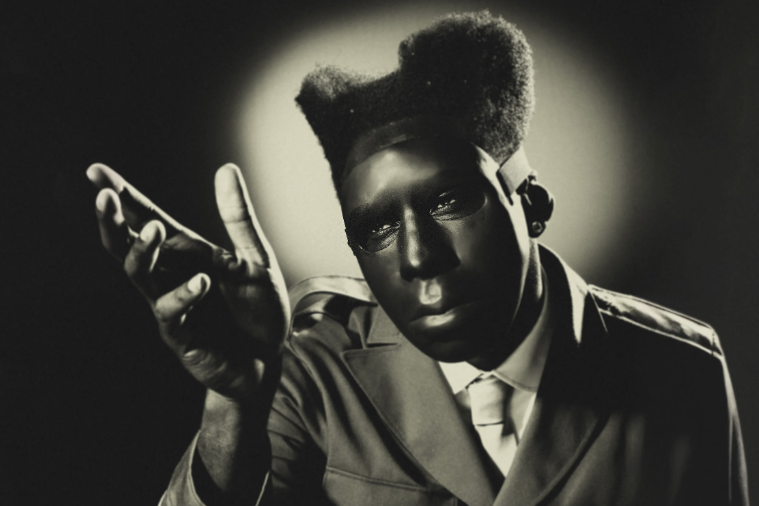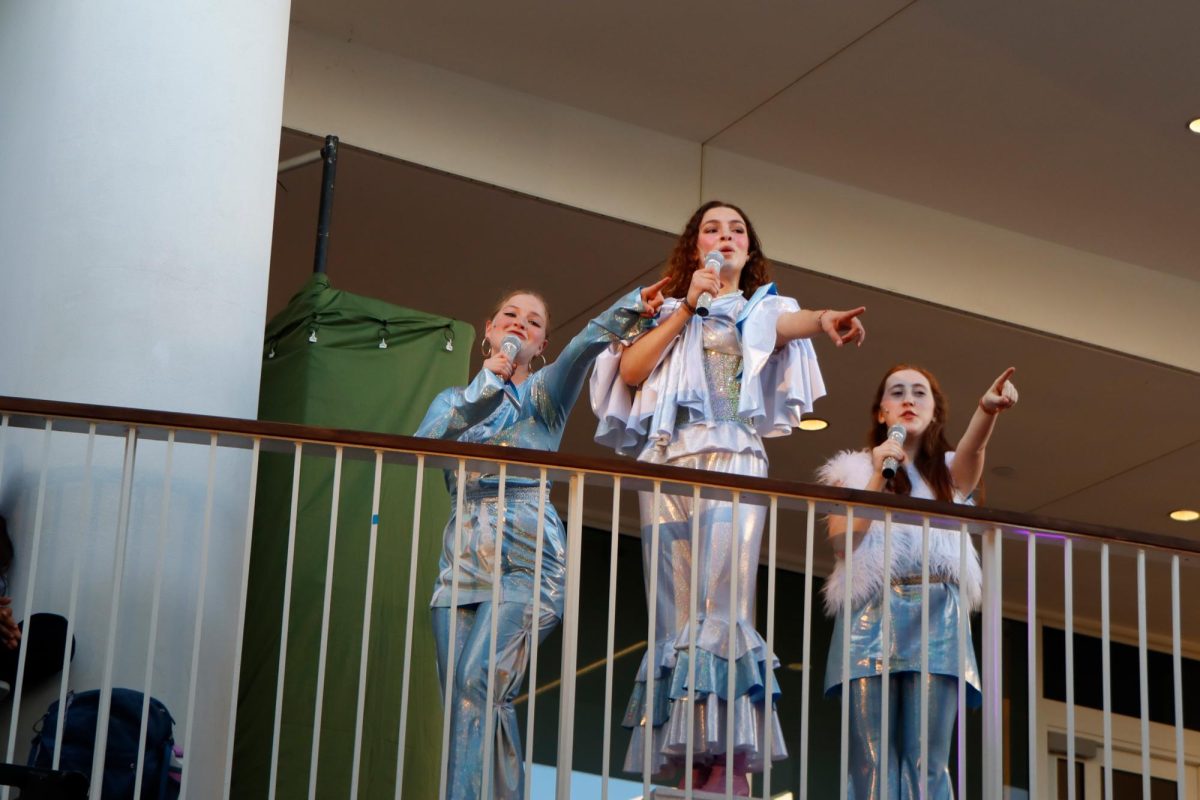Former queen of the tweens is giving up her crown for a new title, “Queen of Twerking.” Hannah Montana, the sweet country star who all of America loved, has broken free from the tight restraints of Disney and is now taking her own path.
In 2010, Miley Cyrus first showed America that she wasn’t a little girl anymore when a video leaked of her smoking a drug known as salvia. But in 2013, Cyrus has embraced this new image. Her “We Can’t Stop” video, infamous VMAs performance, widely viewed video “Wrecking Ball,” and largely anticipated album Bangerz are all part of Cyrus’ new direction.
Released on June 3, 2013, the highly controversial video “We Can’t Stop” received mostly positive views from critics. The Wall Street Journal described it as “catchy in a guilty pleasure kind of way.”
Some fans have embraced her newfound wild side, including Jael Ellman ’18 who says the video is “very provocative, but with a catchy tune.”
On the other hand, there are just as many Miley “haters” who think the music video is too provocative and the drug use too controversial for their children’s formal tween idol. In a recent opinion piece in the Rolling Stones, writer Sara Marcus explains, “Miley failed so spectacularly that it’s almost easier to believe she screwed it up on purpose than to accept that she really thought she was being hot.”
The moment that really caught everyone off guard was Cyrus’ duet with Robin Thicke at the Sept. 2013 VMAs, where she performed Thicke’s song “Blurred Lines.” During the performance, she twerked, licked, and groped Thicke, who was also criticized for the performance because he’s a husband and a father. This performance made her the most-tweeted about VMA performer. She sang “We Can’t Stop,” and as Helena Heslov ’16 laughs, “There really was no stopping her!”
Lulu Cerone ’17 explains her feelings about Miley’s performance: “I really looked up to her when I was younger, and seeing her on the VMAs made me feel bad for her younger fans who idolized her like I did.”

Source: Bilboard
Cyrus followed this performance with the controversial music video “Wrecking Ball,” released on Sept. 9. A month later, it had reached 2.19 million hits, the viewers a combination of curious teenagers, worried adults, and hopelessly devoted Hannah fans.
The innocence and heartbreak of the song lyrics are completely different from the provocative music video. The video starts with a close-up of Cyrus’ crying face, singing about her relationships and love. The camera then zooms out to her riding around on a wrecking ball crashing into cinder block walls. The vulnerability of her close-ups contrasts with her provocative nudity and suggestive licking of a hammer.
Some students like the video. Jael Ellman ’18 explains, “If you look deeper you can see that she is actually expressing something raw and vulnerable.” Heslov adds, “She’s a young girl growing up in the spotlight who wants to experiment with sexuality and try to be free.”
Cyrus’s next album, Bangerz, was released on October 4, 2013. Produced by Mike Will and Pharell Williams and featuring such artists as Britney Spears and Big Sean, The Wall Street Journal describes the long-awaited album as “dirty soft hip-hop.”
Is this just another phase in Miley’s career or is the Queen of Twerking here to stay? Bebe Rowland ’16 says that Cyrus is doing the same thing many pop stars have done before her: “Sex sells. There’s nothing different from what she’s doing than what we see on billboards everywhere.”
Featured Image: A student watches the Wrecking Ball music video. Photographer: Rosemary Pastron ’16















Veronica Richardson • Oct 17, 2013 at 4:43 pm
I have to (kindly) disagree with Sage. I’m not sure if exploiting oneself for the sake of achieving publicity—albeit negative publicity—is admirable at all. Also, it’s not as if Miley’s “transformation” is unique. Hollywood has produced numerous stars who have followed a similar path. Indeed, I would even say that her recent behavior was considered by some to be an inevitable outcome of childhood fame.
I doubt her actions now are any more indicative of her true personality than her Hannah Montana persona—the overindulgent glitz and frill which, frankly, prompted me to stay away from the series during my childhood.
Helena Heslov • Oct 17, 2013 at 4:22 pm
Love it! Such an accurate way to describe her performance and outbreak…!!!
Sage Orvis • Oct 16, 2013 at 6:18 pm
Although the VMA performance was not my taste, and I don’t support some of her behaviors, I admire Miley. I think she is finally able to find who she is without the constrains of Disney. I was never a huge fan of Hannah and so this transformation isn’t as devastating for me as others. I think she is finding her own style and learning to test her audiences limits. You may not like her but look you’re still talking about a performance that happened over a month ago. Though I question some of her decisions, I still admire her and like her music.